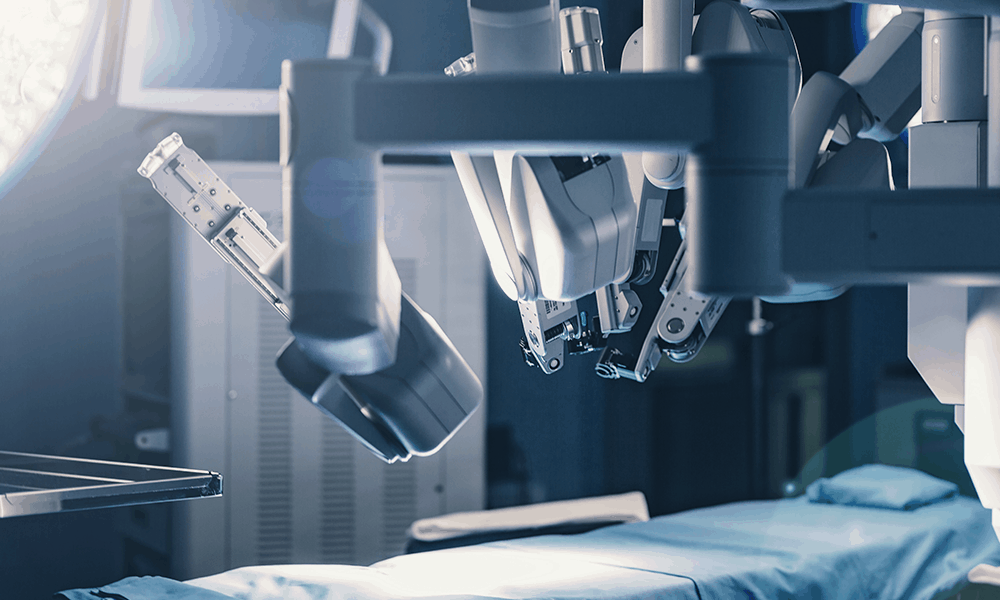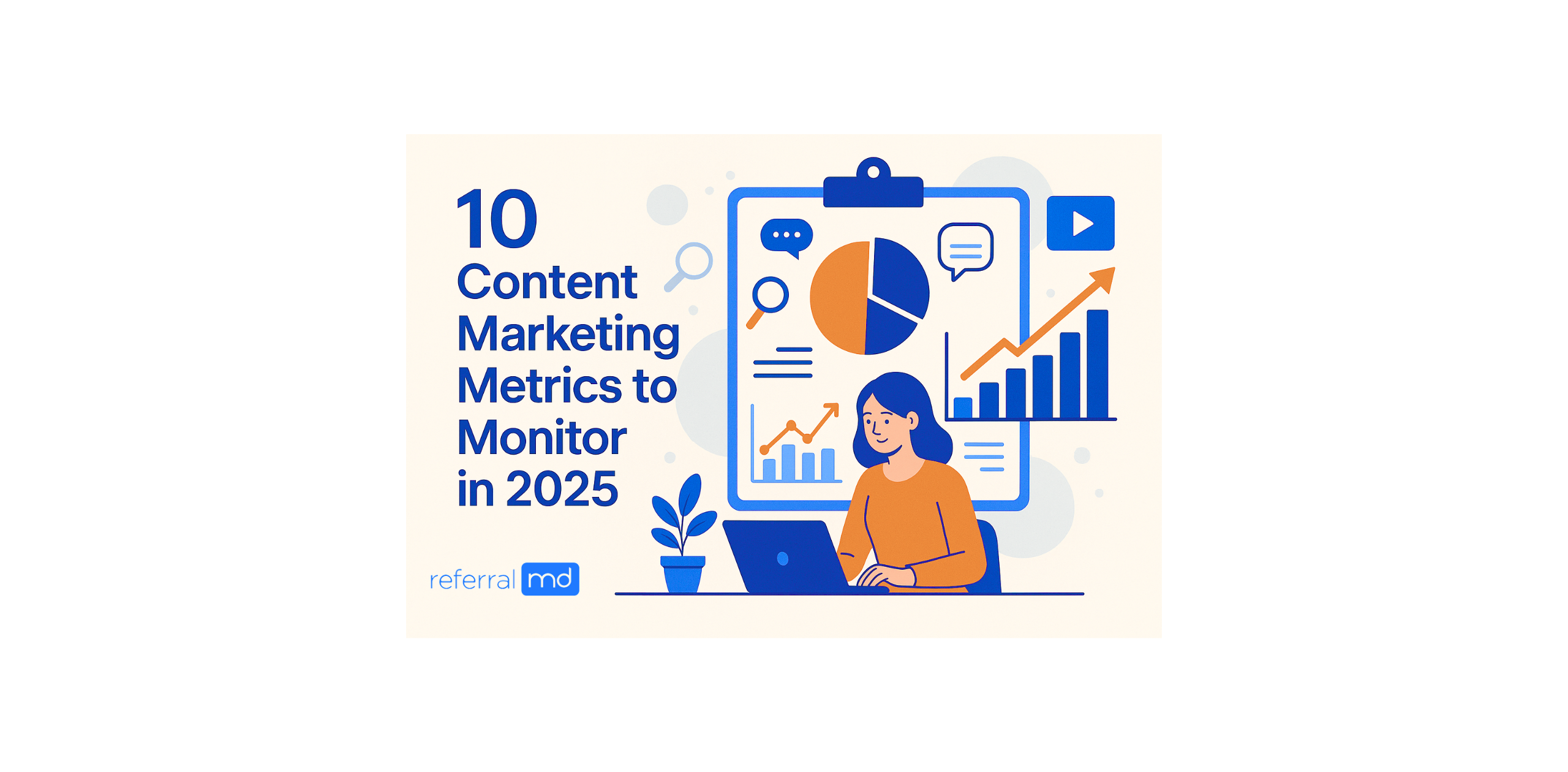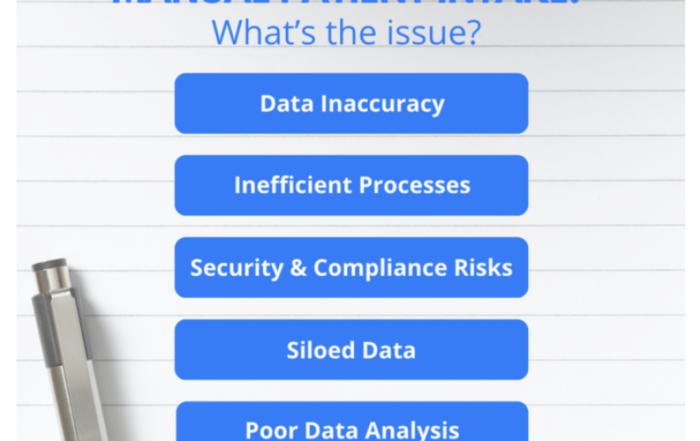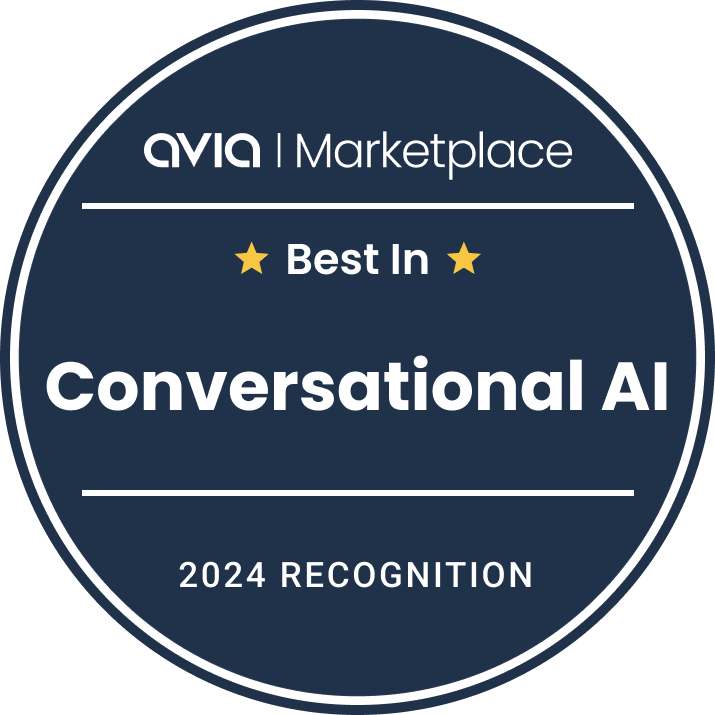Over the past few years, artificial intelligence (AI) has become a household topic of conversation – and for good reason. AI is now employed in almost every industry including finance, agriculture, online shopping, and in user apps of all kinds. Business analysts estimate that artificial intelligence could add $15.7 trillion to global GDP by 2030. How is AI changing the healthcare industry?
Next up? Healthcare and practice management is getting ready to go all-in on AI. According to industry experts, the healthcare AI market is set to undergo a compound annual growth rate of 40% by 2021, improve healthcare outcomes by 30-40%, and cut treatment costs in half.
Amazon, a pioneer in customer experience innovation, has virtually reorganized the company around its AI and machine learning efforts. Companies from GE to Spotify use AI for analytics predictions, data insight, and equipment maintenance to control safety more effectively. Microsoft slowly weaved AI into their product offerings. If you use Office 365 or Skype, you’ll spot these features if you look close enough.
Below we’ll discuss the 4 most powerful ways AI is revolutionizing healthcare and what’s on the horizon moving forward.

1. Robotic-Assisted Surgery
First used medically in 1985, robots’ impact can be seen in laparoscopy, neurosurgery, orthopedic surgery, emergency care, and other medical subspecialties. AI represents a collection of specific technologies that mimic the cognitive functions of humans. AI allows computers to learn and solve problems on their own with little or no human interference.
In orthopedic surgery, AI-assisted robotics can evaluate data from pre-operative medical records to physically guide the surgeon’s instruments in real-time. The technology can also cull information from past surgical experiences to develop new and innovative surgical techniques.
A comparative medical study of some 380 orthopedic patients found that AI-assisted robotic technology resulted in a five-fold reduction in surgical complications compared to when surgeons operated alone. And according to the Harvard Business Review, proper AI application to orthopedic surgery could reduce hospital stays by over 20% after surgery thanks to fewer complications and errors, resulting in $40 billion in annual savings.

2. Improving Early Detection and Diagnosis
One of AI’s most significant potential benefits may be enabling people to maintain good health and limit the number of visits to the doctor.
Artificial Intelligence is currently used to detect disease and illness (i.e cancer) in its early stages. However, according to the American Cancer Society, about half of all mammograms generate false results leading to unnecessary biopsies and wasted administrative, economic, and technological resources.
AI software developed by the Houston Methodist Research Institute in Texas allows the review and translation of mammograms 30 times faster with 99% accuracy, greatly diminishing the frequency of unneeded biopsies.
Another key area in which AI is having an impact is with consumer wearables and medical devices, known as the Internet of Medical Things (IoMT). These AI-integrated tools can help manage early-stage heart disease and enable physicians and health care providers to identify and track potentially life-threatening illnesses in their earlier and more treatable phases.
You may have seen IBM’s AI prototype Watson on TV predicting (with almost 100% accuracy) which tennis player will win the Wimbledon or U.S. Open final if they reach specific statistical goals (first serve percentage or second serve points won). Watson for Health is having a similar effect in healthcare. Through the application of cognitive technology, Watson can comb through massive amounts of global health data such as medical journals, symptoms, case studies, and treatment responses, and determine potential diagnosis and treatment options. All at warp speed, all right now.
Google’s DeepMind Health has partnered with doctors, researchers, and patients to tackle everyday healthcare issues. The software facilitates the partnership between machine knowledge and systems neuroscience. This transforms the dynamic learning algorithms into neural networks capable of mimicking the human brain.

3. Improving Medical Adherence
Roughly 55% of adults in the U.S. take at least one prescription drug, and over 23% of adults take three or more. Research confirms that total net spending on prescription drugs has exceeded $309 billion per year. However, a significant portion of that total is wasted as almost half of all prescriptions written annually are not taken as prescribed, and more often than not, not taken at all. This nonadherence results in more than $250 billion of unnecessary costs representing 13% percent of total annual health care expenditures in the U.S.
Healthcare providers can employ AI algorithms to determine which of their patients may be susceptible to medication nonadherence. AI software can extract data from demographics and payers, to out of pocket expenses and a physician’s subspecialty. The patient can use the data to predict the probability of deviating from their treatment plan. As a result, physicians can take the necessary steps to support patients with increased risks of non-adherence with enhanced communication and patient engagement strategies.

4. Administrative Workflow
Administrative tasks that have no bearing on patient care consume one-sixth of doctors’ workload and over 50% of nurses’ duties. AI-supported technologies have significantly lightened administrative responsibilities allowing healthcare providers to concentrate on the vital tasks of patient care.
Speech recognition software that enables voice-to-text transcriptions can make a considerable impact on tasks like filling prescriptions, chart notes, and ordering tests. According to industry analysts, freeing up doctors and nurses from administrative burdens can save the healthcare industry some $18 billion annually.
AI applications could also generate substantial annual cost savings in other healthcare areas including:
- Detecting fraud — $17 billion
- Reducing dosage error — $16 billion
- Connected machines — $14 billion
- Identification of clinical trial participants — $13 billion
- Preliminary diagnosis — $5 billion
- Cybersecurity — $2 billion
The Vast AI Potential
The advent of artificial intelligence can be intimidating to many. As history teaches us, human beings can sometimes display a strong resistance to change. Humans are also highly adaptive creatures once assured that change will provide positive benefits to society. Healthcare professionals’ proximity to matters of life and death naturally predispose them to proceed more cautiously than your average AI enthusiast.
It is clear that AI has the potential to drive impactful change at many points along the healthcare continuum. However, the most effective use of AI in healthcare has been with those technologies that augment human capabilities, not replace them.









